Our Products
Value-engineered, international standards-compliant, and affordable products backed with decades of industry expertise to ensure 100% safety.
Explore MoreProduct Spotlight
Products of today, ready for tomorrow. A perfect combination of efficiency and affordability
Explore NowHSJW
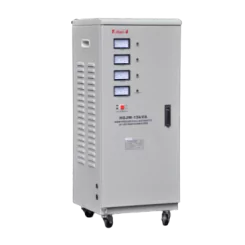
Stabilizer
Three-Phase Voltage Stabilizer
Explore NowHDB3w
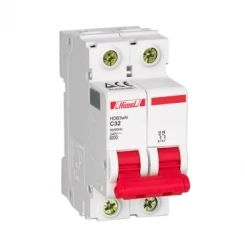
MCB
Miniature Circuit Breaker
Explore NowFlexo
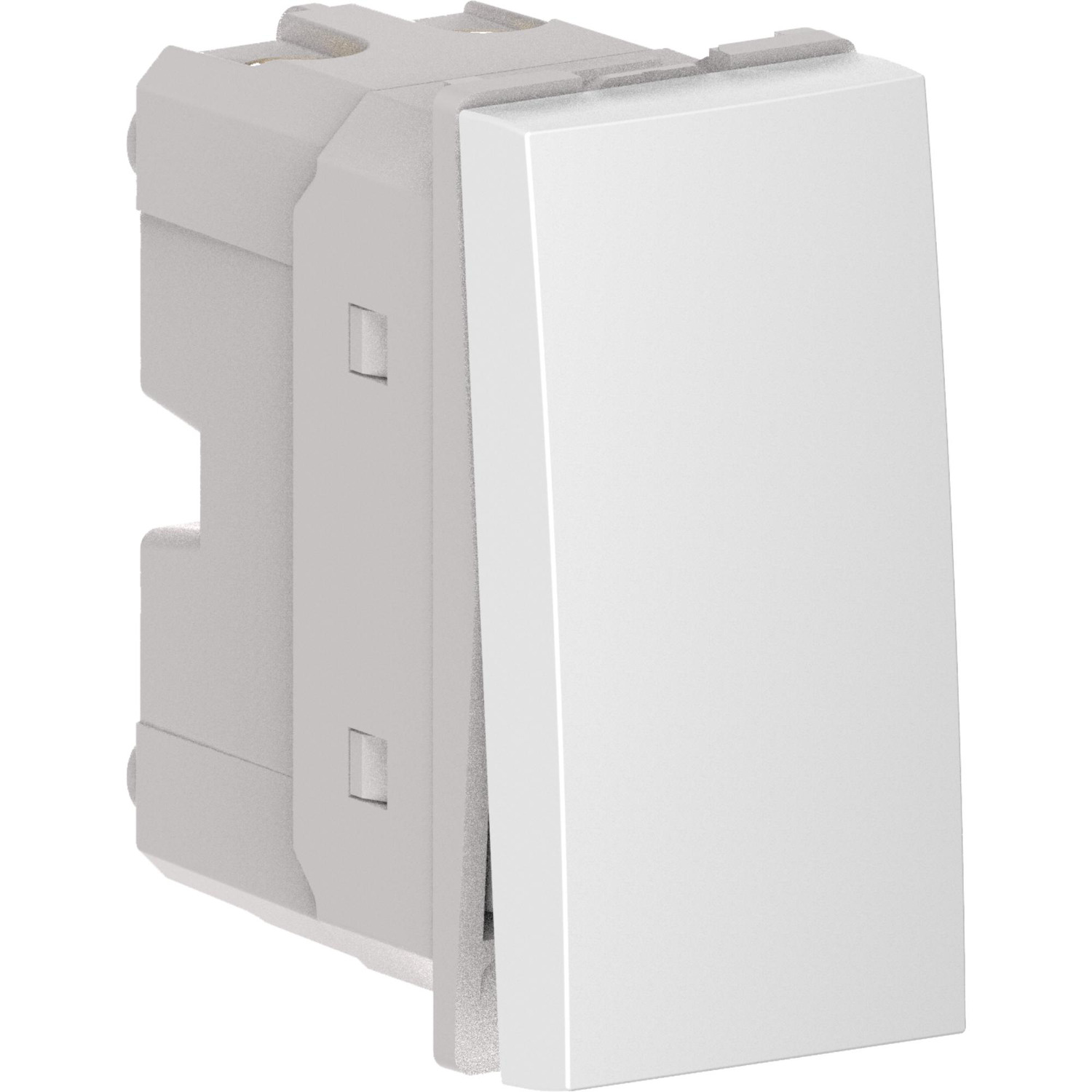
Wiring Devices
Switches, Sockets, and Accessories
Explore NowSOLAR
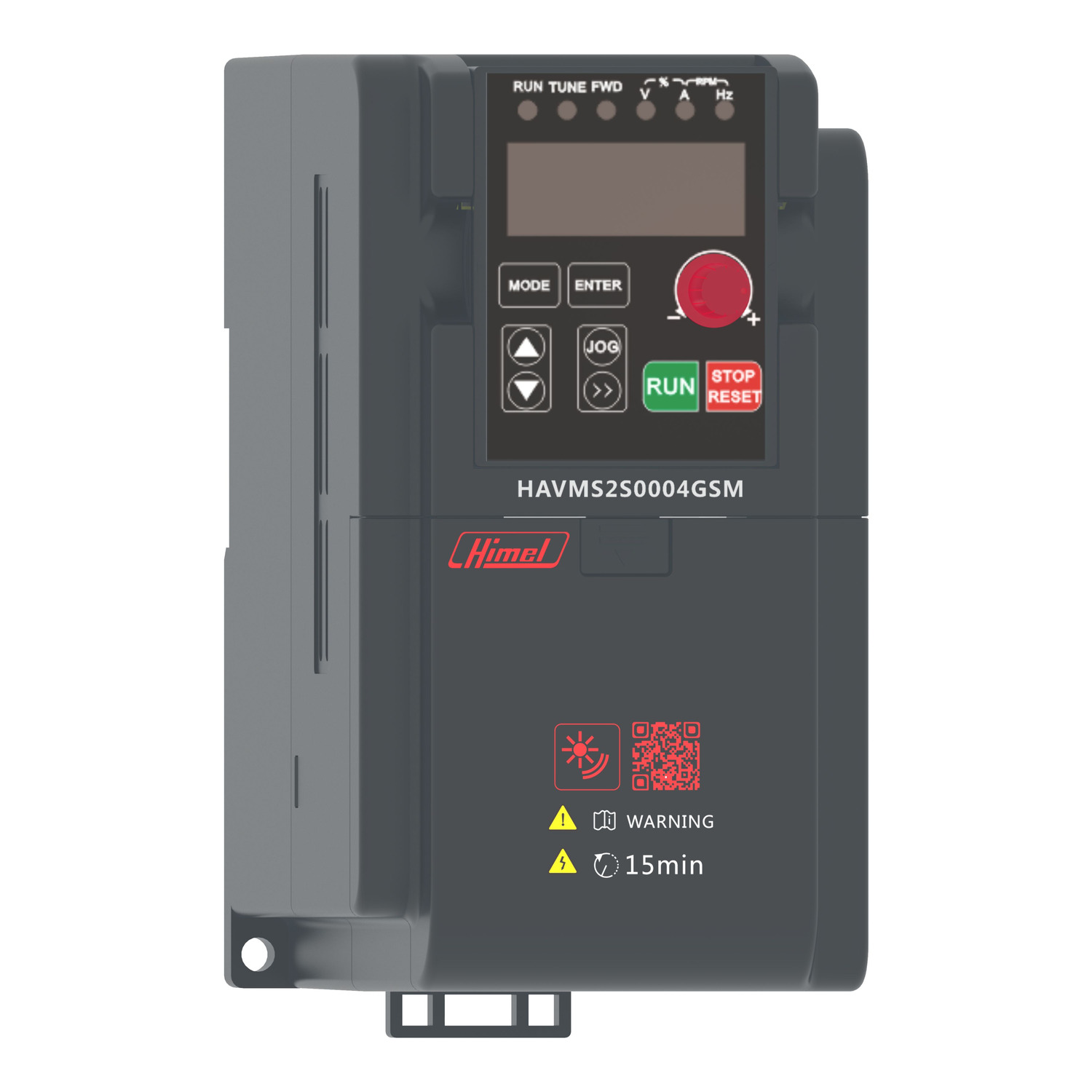
VSD
Variable Speed Drive
Explore NowLED Highbay
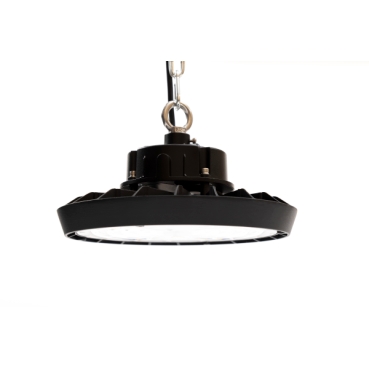
Lighting
Industrial Lighting
Explore NowHP606
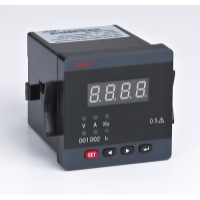
Meter
Digital Panel Meter
Explore NowOur Solutions
Meeting industry's expectations is our top priority.
Meeting industry's expectations is our top priority.
Explore Now

Our Solutions
Making your life easy and your home or facility manageable - anytime, anywhere.
Making your life easy and your home or facility manageable - anytime, anywhere.
Explore Now

Why HIMEL?
Global + Local expertise for adding greater value to your engineering projects
Explore More











